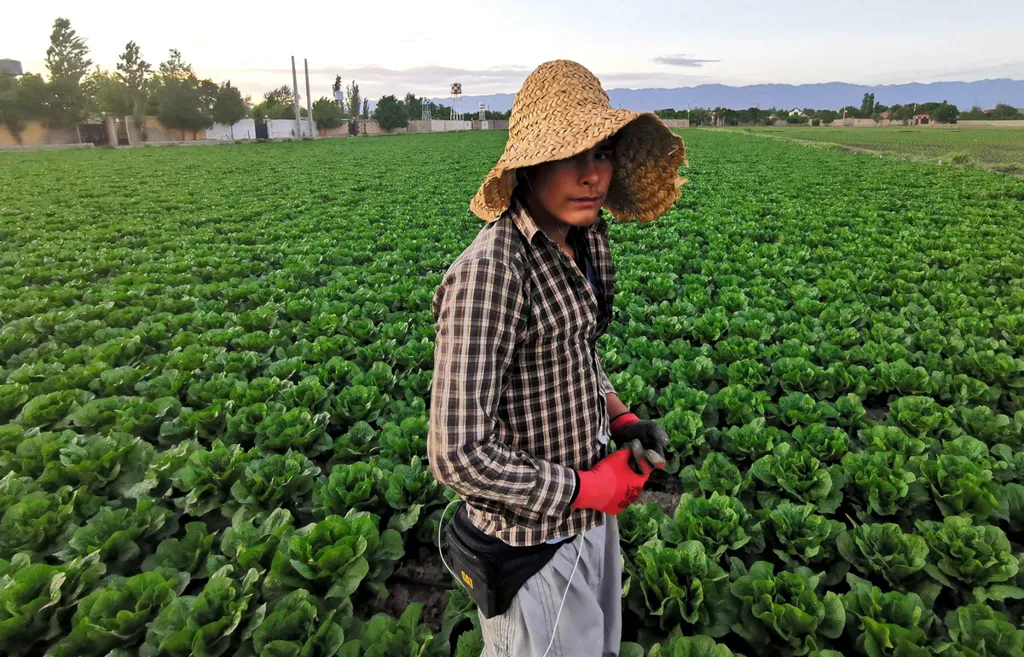In the arid landscapes of southern Kerman Province, Iran, a pressing challenge looms over the agricultural sector: how to balance the needs of today’s farmers with the demands of future generations. A recent study led by Bahareh Parsa Motlagh from the Department of Agronomy and Plant Breeding at the University of Jiroft, Kerman, Iran, published in the journal راهبردهای کارآفرینی در کشاورزی (translated as Entrepreneurship Strategies in Agriculture), sheds light on the obstacles and opportunities in achieving sustainable agricultural development through diversified cultivation patterns.
The research, which surveyed 50 experts in the region, identified significant barriers to implementing appropriate cultivation patterns. Infrastructural obstacles topped the list, followed by economic, educational-supportive, and agricultural barriers. Among the economic obstacles, the weak guarantee purchase index stood out, highlighting a critical gap in market support for farmers. “The farmers’ lack of access to necessary facilities and suitable support packages is a major reason for their non-participation in diversified cultivation patterns,” Parsa Motlagh explained.
The study also revealed that farmers’ experience and customs play a pivotal role in their reluctance to change cultivation patterns. This finding underscores the need for targeted educational initiatives to raise awareness about the benefits of diversified agriculture. As Parsa Motlagh noted, “Educating farmers about the environmental and economic advantages of appropriate cultivation patterns is crucial for sustainable development.”
The implications of this research extend beyond the agricultural sector, with significant commercial impacts for the energy sector. Sustainable agriculture practices can reduce the environmental footprint of food production, which in turn can lower the energy demands associated with agricultural activities. By promoting diversified cultivation patterns, the study suggests a pathway to more resilient and efficient agricultural systems that can support long-term energy sustainability.
The study’s recommendations offer a roadmap for policymakers and agricultural stakeholders. These include providing necessary conditions for implementing appropriate cultivation patterns, determining the price and purchase of strategic products, and encouraging the practical participation of experts in the entire agricultural process. Additionally, the development of low-water plants and the application of smart water management technologies are highlighted as key strategies for sustainable agriculture in the region.
As the world grapples with the challenges of climate change and food security, the insights from this research provide a timely reminder of the importance of sustainable agricultural practices. By addressing the identified barriers and implementing the recommended solutions, the agricultural sector in southern Kerman Province can move towards a more sustainable and prosperous future. The study’s findings not only shape future developments in the field but also offer valuable lessons for other regions facing similar challenges.

